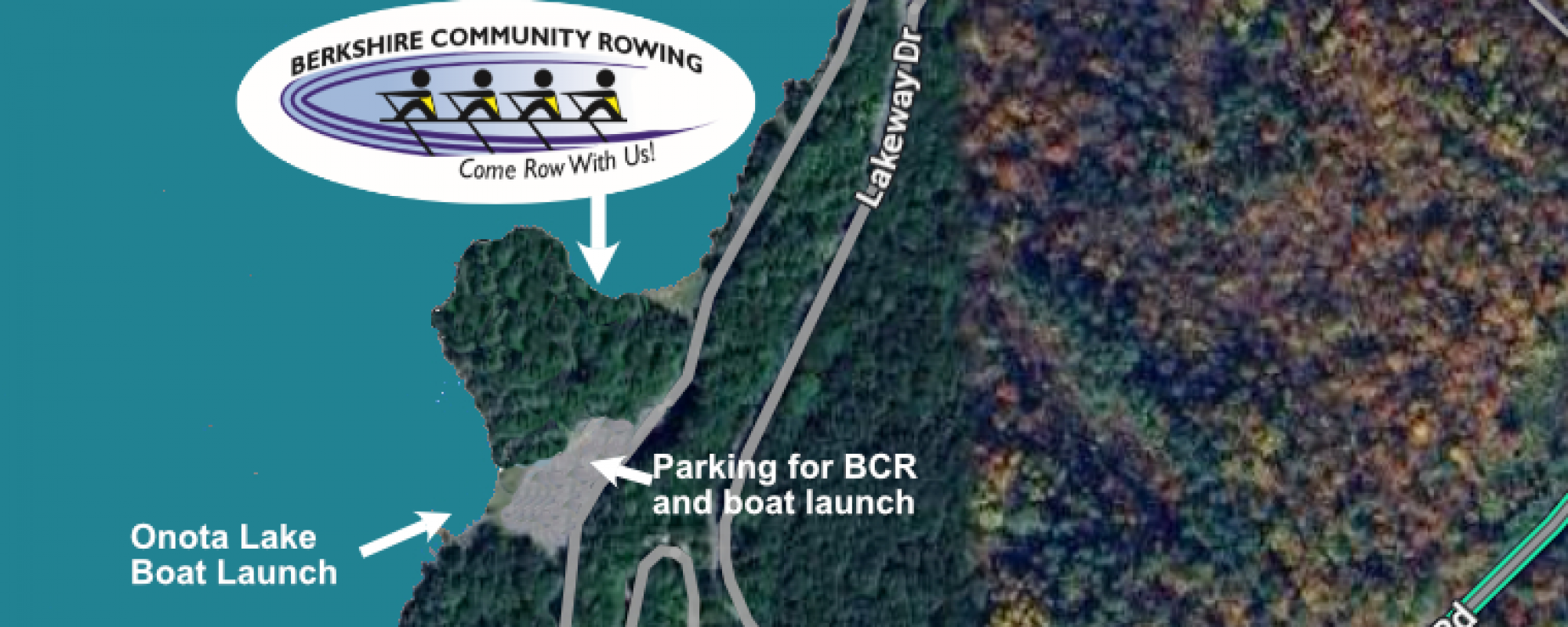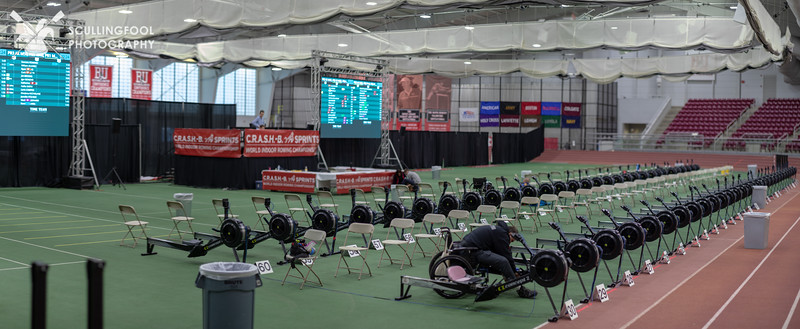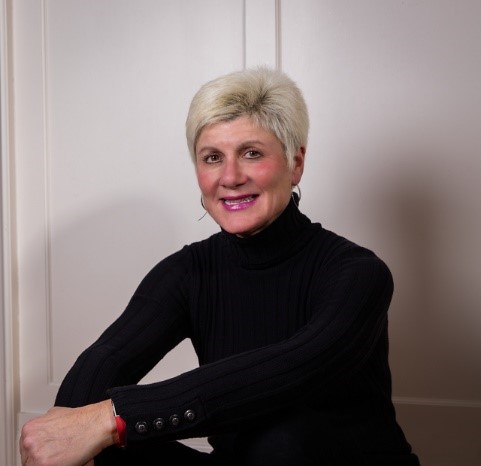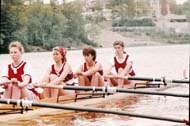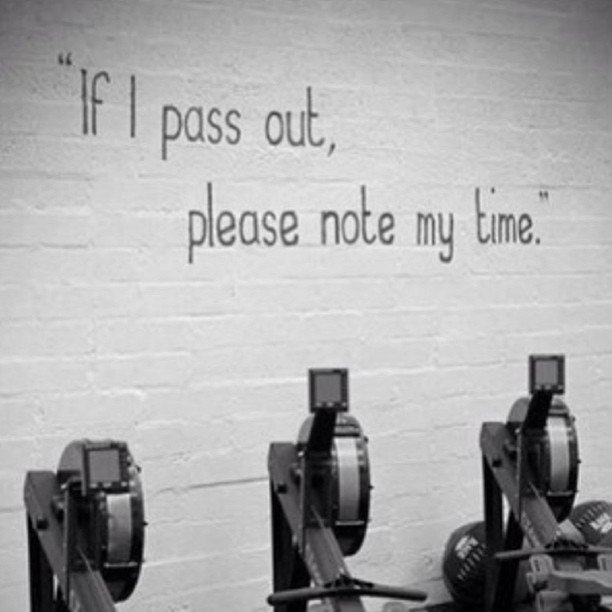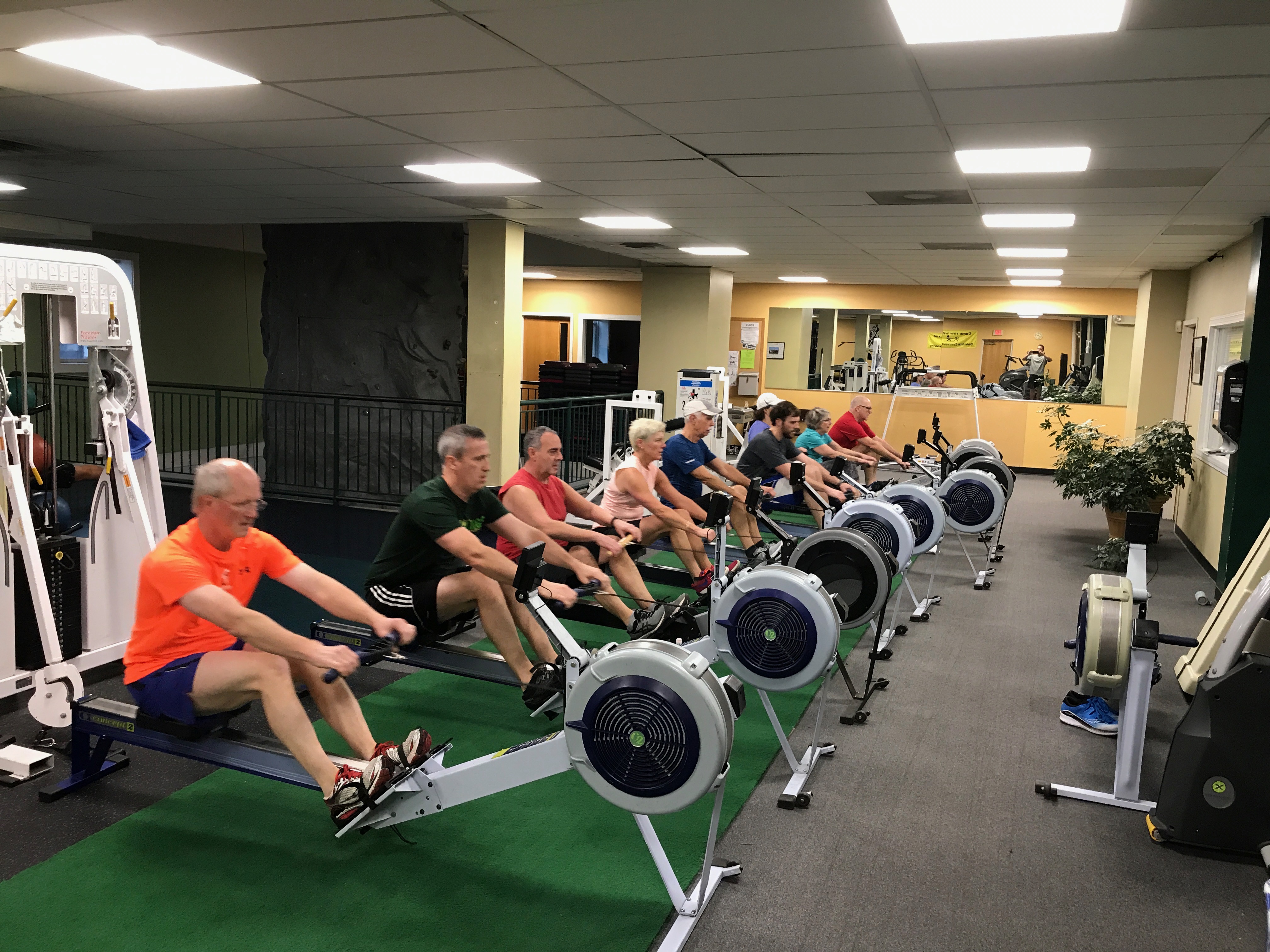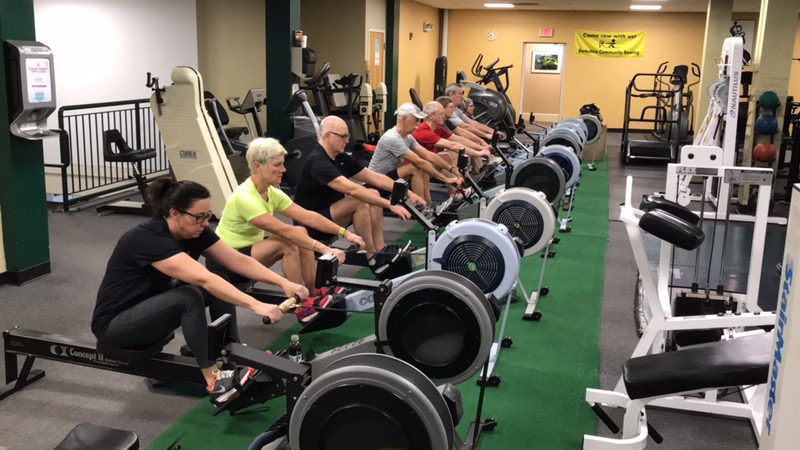You Can Count to Ten, Right?
Randy is one of the club’s most frequent rowers. You can almost always find him on the water in the double first thing in the morning. This winter you can also find him on the erg at Berkshire Nautilus with the winter program.
He recently sent out an email advocating a habit that helps him focus during his workout, whether on the water or on the erg. “Counting,” he wrote, and for others with the same habit, he continued, “We do it for all sorts of reasons. We enumerate. We track. We quantify. We count to be sure we have the right number, that we don’t have the wrong number, or…maybe it’s just obsessive compulsive.”

Kimmie Schmidt fans will recognize the technique. She actually has a lot to teach us about erging. (Ha!) As for Randy, this works for him because it helps get him “out of his head,” gives him a guidepost as to where he is in the workout or on the lake. For example, he writes, “You can use it to enumerate (this is a 10 minute piece at 24 strokes per minute so I will count to 240 strokes), to quantify (my workout is 1000 strokes, at every 100 strokes I am going to raise my rate from 26 to 34 for 20 strokes); to track (my average split time is 2:30, so at 120 strokes I will be near Apple Tree Point), etc.”
Further advice: “If you have a partner, both keep count, and count certain intervals out loud (such as 100 strokes), just to keep you in sync and to be certain you are still awake. Practicing this, you will find that your mind quiets and you relaaax…even as you are puffing hard.”
Counting isn’t something everyone will do. But if you’re struggling to frame the hard work of rowing (or erging) this way of thinking might give you structure for the workout ahead—and a way to understand your accomplishment once the workout is behind you.

 which were coached by LARC staff at 5 am in Marina Del Rey harbor.
which were coached by LARC staff at 5 am in Marina Del Rey harbor.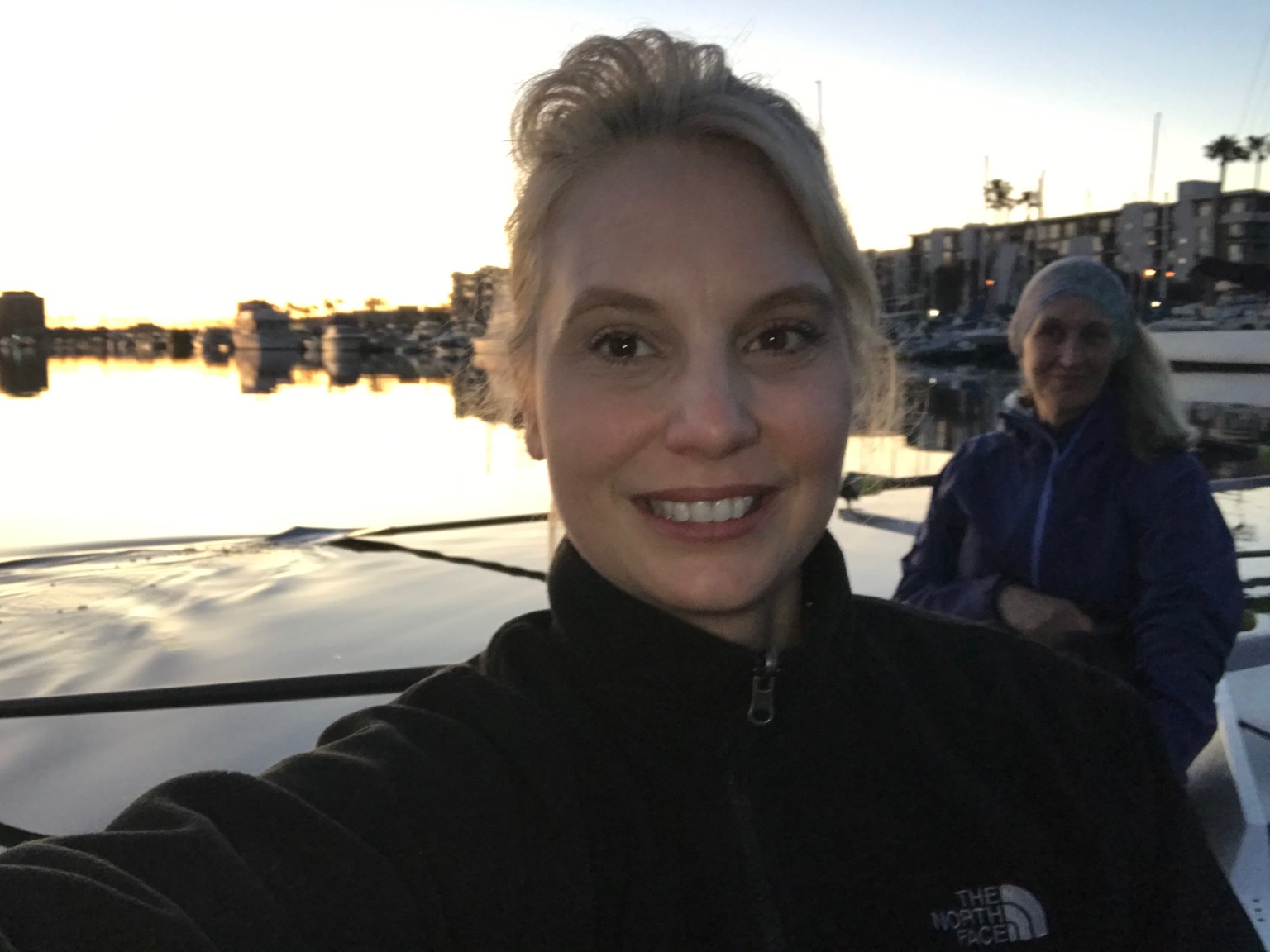 Sea lions lined the docks. The full moon lit up the harbor.”
Sea lions lined the docks. The full moon lit up the harbor.”